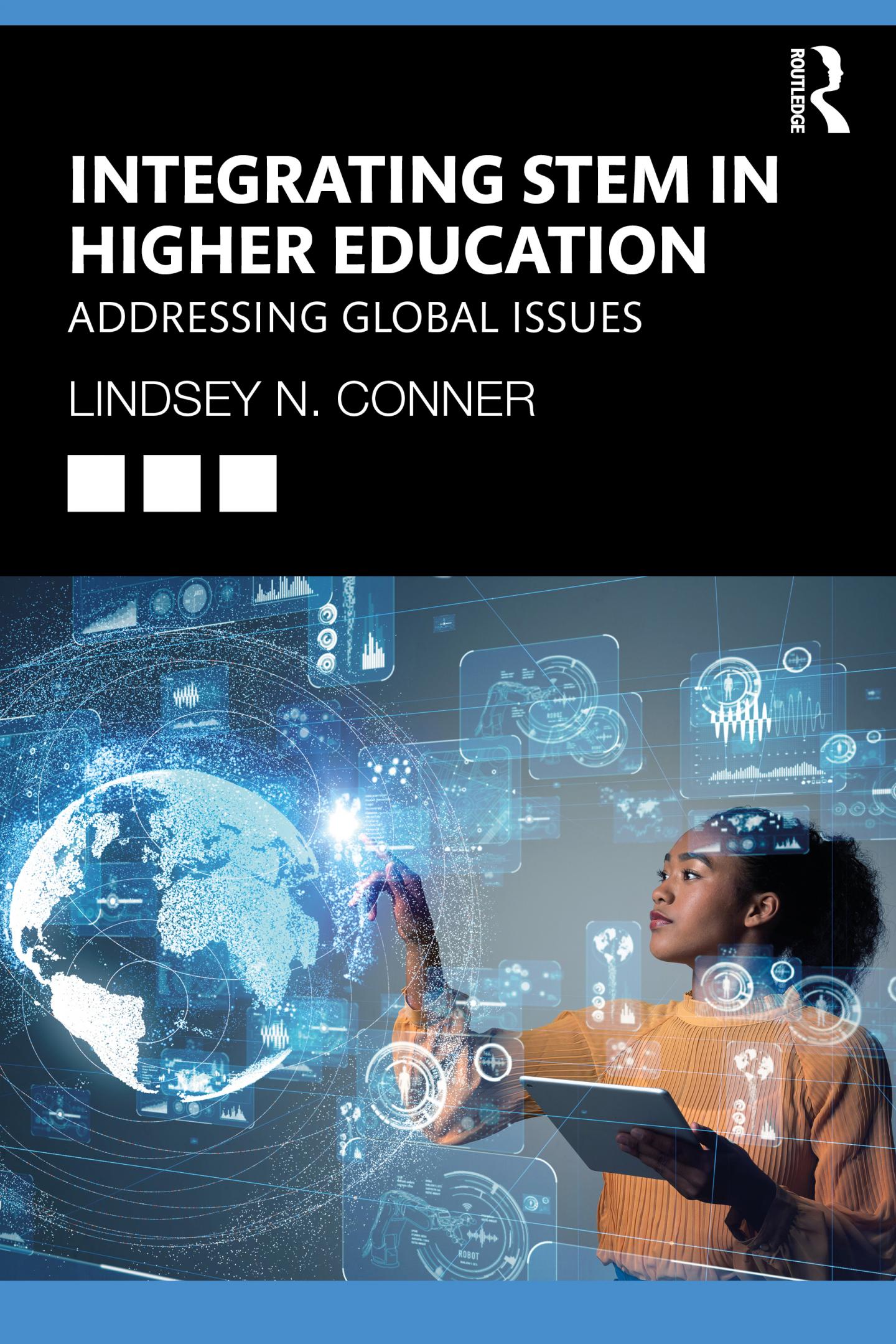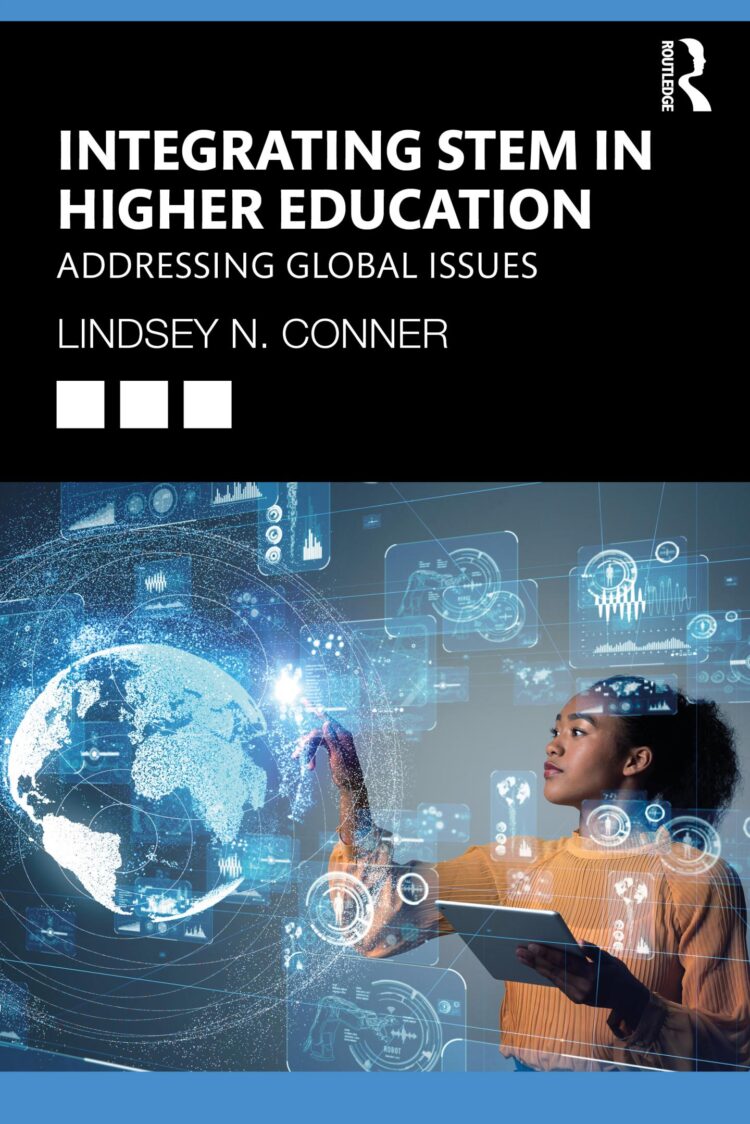Promoting STEM studies vital for world problems

Credit: Courtesy Routledge
A major new international textbook aims to make sure girls and women have equal access to science-related learning at all stages of their education, in order to build female representation across the board.
Integrating STEM in Higher Education: Addressing Global Issues, to be published later this year, emphasises the importance of student-centred approaches for co-generating knowledge and innovation, “creating great graduates who can solve problems”.
Building on the findings of a Flinders University study of girls’ engagement with science in choosing Year 12 STEM subjects, the author Flinders University Professor Lindsey Conner says students’ decisions were clearly influenced by their “sense of self, their family, and their friends.”
The study confirmed previous studies that showed females are less likely than males to enrol in science, technology, engineering and mathematics (STEM) subjects.
Coinciding with United Nations’ International Day of Women and Girls in Science,
Professor Conner says a way forward is to make STEM (or STEMM including medical science) studies relevant to global issues, integrating practical projects, problem solving and individual endeavour into learning and teaching.
“Schools and universities can increase the relevance of STEM to all students through coupling technology-rich, project-based, problem-solving, inquiry and challenge activities to develop skills and capabilities alongside specialist knowledge, as students co-create solutions for local and global issues.
“This is especially important at this time.”
Professor Conner says girls’ feedback in the International Journal of Science and Mathematics Education research showed they were influenced by their own identities and expectations of their families and friends, whether they had experienced success and their attitude (enjoyment, personal value and self-concept).
“What’s interesting were the reasons females gave for this, such as the examples in physics and applied mathematics were very male-oriented, implying a need to rethink the relevance of examples used.
Professor Conner is an internationally renowned education expert who is known for her research on innovation in Education and teaching.
“With the projected need for more STEM graduates and a skilled workforce with highly developed STEM capabilities, the continuing decline in STEM participation in Australia is hugely concerning,” adds Professor Conner.
The United Nations International Day for Women and Girls in Science on Thursday (11 February 2021) has a theme of Women at the forefront of the fight against COVID-19.
Last year UNESCO Director General Ms Audrey Azoulay said: “If we are to be able to address the enormous challenges of the twenty-first century – from climate change to technological disruption – we will need to rely on science and the mobilisation of all our resources.
“It is for this reason that the world must not be deprived of the potential, the intelligence, or the creativity of the thousands of women who are victims of deep-seated inequality and prejudice.”
###
See also: Hussain, W. Spady, W. G., Naqash, T., Khan, S. Z., Khawaja, B. A. & Conner, L. (2020). ABET accreditation during and after COVID19-navigating the digital age. IEEE Access, 8, 218997-219046. DOI: 10.1109/ACCESS.2020.3041736.
Media Contact
Professor Lindsey Conner
[email protected]





